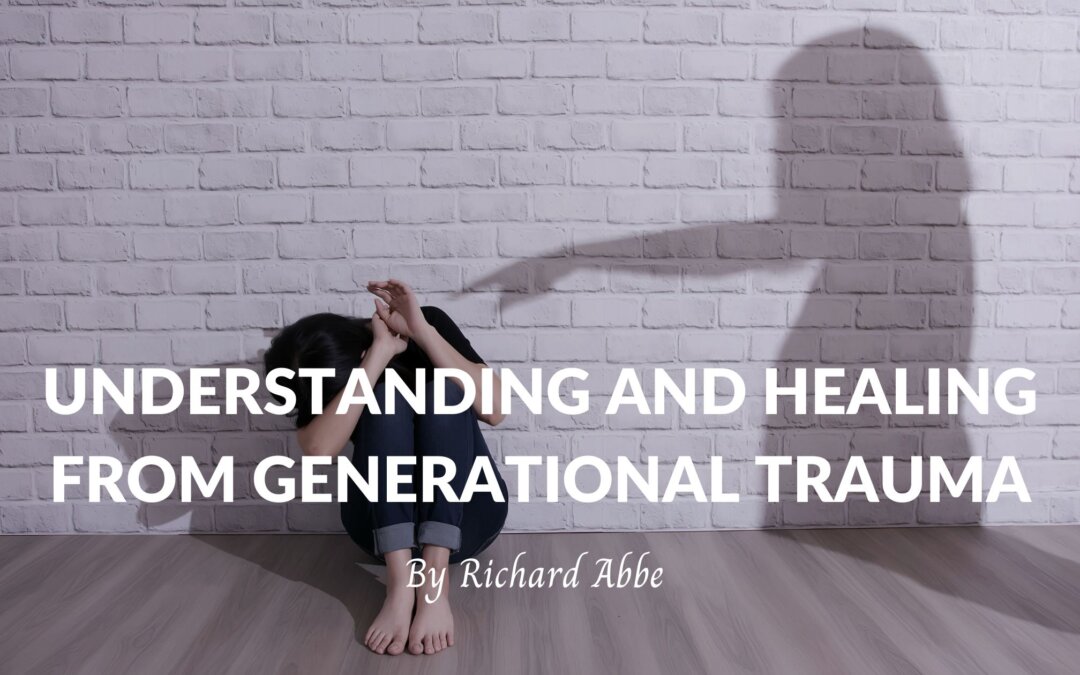Many positive things can be passed down through family lineage. Many bad things can be passed down, too. One of those is emotional damage, a phenomenon known as generational trauma.
This emotional wound can pass from one generation to the next. It can be seen in individuals and entire families or communities, with the cycle of inherited trauma continually repeating itself.
What Is Generational Trauma?
The first instance of recorded generational trauma was discovered in children of Holocaust survivors. Since then, there has been an evolution in the term where social, biological, or psychological factors can pass from generation to generation.
Traumatic events such as war, genocide, poverty, slavery, abuse, or assault can lead to generational trauma. Experiencing those things does not guarantee generational trauma but can undoubtedly lead to its development.
Healing From Generational Trauma
There can be efforts made to break that cycle of inherited damage. Healing from intergenerational trauma can be done in a few different ways.
For starters, name your trauma. Being able to say what the issue is can be the first and most powerful step in the healing process. Sometimes it can be challenging to say what the issue is, but that can be one of the most important first steps.
Self-Care Is Crucial
To do something about generational trauma, we must practice better self-care. It can start by tracking and working on your emotional well-being through self-care practices that most resonate with you.
These can include techniques such as exercise, eating more nutritious food, consuming media that is uplifting to you personally, or participating in guided meditation. These things can help to keep stressful and anxiety-inducing situations from triggering that generational trauma. It is not something that can be treated overnight but requires consistent care and persistence to begin to overcome. However, it is possible to manage that generational trauma more effectively.

